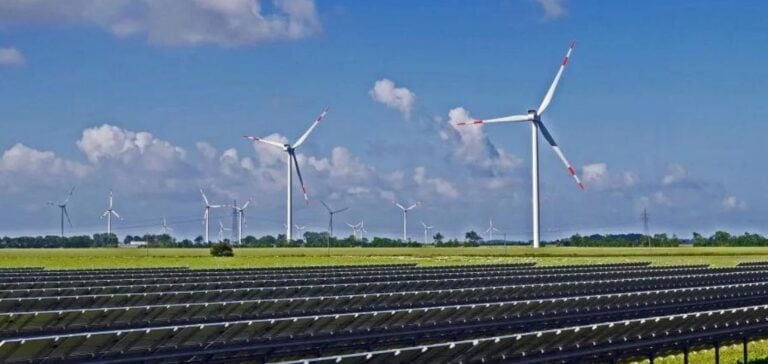The Minns Labor government is allocating a total of $3.5 billion in the 2024-25 budget for the climate and energy sectors. This decision is designed to ensure a reliable and secure energy system for New South Wales (NSW).
Key budget allocations
The 2024-25 budget includes $238.9 million for the Consumer Energy Strategy. This initiative aims to help households modernize their homes, making them more energy-efficient. To improve infrastructure, $128.5 million will be invested over two years to upgrade roads and infrastructure linking the Port of Newcastle to regional renewable energy zones. This will make it easier to transport the components needed to build energy infrastructures.
Financial support and energy security
In 2024-25, $435.4 million will be allocated to increase the value of energy bill reductions, helping households cope with the cost of living. A $10 million pilot program will provide assistance for people in critical need. In addition, $15.8 million will be invested to increase electrical safety inspections of domestic installations. In addition, $87.5 million over four years will be devoted to energy upgrades for social housing.
Investment in renewable energies
The budget includes $3.1 billion for the implementation of NSW’s renewable energy zones. The aim is to integrate more clean energy into the grid, while creating stable jobs in local communities. 87.5 million will be invested in energy upgrades to social housing properties, to reduce energy costs for residents.
Legislative reforms and regulations
The NSW Government will introduce new legislation to strengthen environmental protection and reform biodiversity offsetting schemes. This includes reforms to the Biodiversity Conservation Act 2016 and the Protection of the Environment Operations Act 1997.
Workforce development
The NSW 2030 Renewable Workforce roundtable brought together stakeholders to discuss the strategies required for the energy transition. This event aims to support local job creation in the renewable energy sector. The recommendations from this roundtable will contribute to the NSW 2030 Renewable Workforce Plan, aimed at providing the skills and training needed to support the energy transition. Current initiatives include $275 million in grants for the Net Zero Manufacturing Initiative and new microskills courses at TAFE NSW.
These investments and initiatives represent a significant step towards a sustainable energy future for NSW, promoting job creation, environmental protection and supporting households in their energy transition.





















